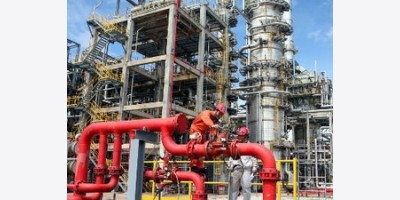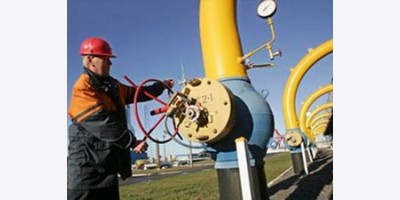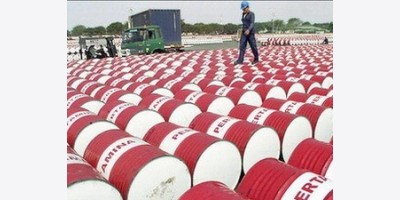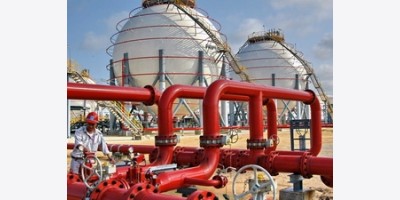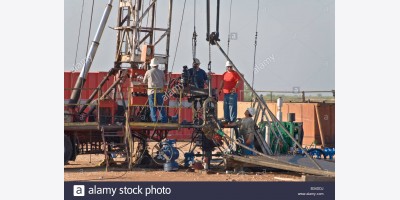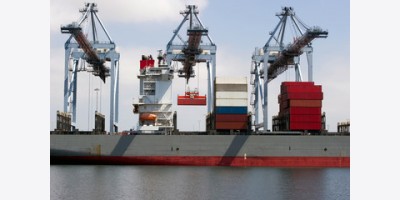A brief period of high profitability for the world's oil refineries is likely to come to an end as quickly as it began, the International Energy Agency (IEA) said.
Weak crude oil and relatively high prices for gasoline, diesel and petrochemical feedstock have pushed up refining profits sharply over the last six months, helping oil companies cope with much lower profits from upstream production.
In the first quarter of this year, combined profits for the likes of BP, Royal Dutch Shell, ExxonMobil, Total and Eni from refining and trading represented 60 per cent of total earnings, compared with 18 per cent last year, according to Reuters calculations.
Crude oil prices collapsed from $115 a barrel in June 2014 to a low near $45 in January. They have since recovered some ground but are still close to half their peak last year.
On Friday, benchmark Brent crude oil was trading around $59 a barrel.
But the IEA, which advises the world's biggest economies on energy policy, says this mini golden era will soon end.
New refineries coming on stream this year and next, along with upgraded units at existing refineries, are set to reverse those gains.
"In 2015-2016, net capacity additions will be more than needed, which will cause the global utilisation rate to decline, and casts a doubt on the continuation of current unusually high refining margins," the IEA said in its monthly report.
The bulk of the new capacity is coming in the United States, where refineries are adding pieces of equipment to enable them to process more oil from the shale boom, and also from China.
In the Middle East, Adnoc's Ruwais refinery in Abu Dhabi is set to join two 400,000 barrels per day (bpd) mega units that officially launched in Saudi Arabia in 2014.
The IEA estimates that global refining capacity will rise by 1.1 million bpd per year in 2015 and 2016, bringing worldwide capacity to just over 97 million bpd – a 2 percent increase.
While some closures are already planned in Europe and Asia, the agency no longer thinks these will be enough to balance the new additions.
"On a cumulative basis, refinery additions remain below demand growth," it said. But it noted that some of this demand will be met by biofuels and natural gas.
"With ever-increasing measures to curb greenhouse gasses emissions and increase efficiency, we forecast OECD (oil products) demand to resume its downward trend from 2017 onwards," the IEA report said.
--Reuters











